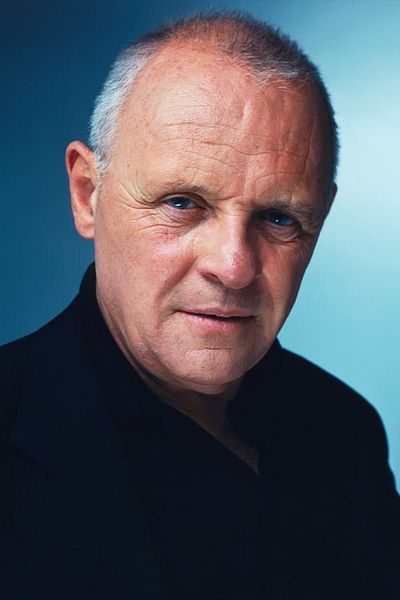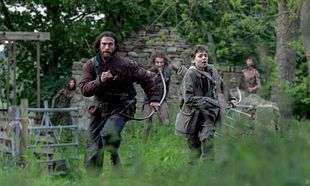Thor’s (Hemsworth) third solo outing takes place four years after the events of Thor: The Dark World and two years after Avengers: Age of Ultron. In this film, the God of Thunder faces a new threat in Hela (Blanchett), the Goddess of Death, who is intent on destroying Asgard. To make matters worse, Thor has now become a prisoner on the planet Sakaar, where he is forced to duel an old friend – the Hulk, aka Bruce Banner (Ruffalo) – in an epic gladiatorial battle.
As any movie fan knows, superhero movies are being driven into your local cinema in droves. While they’re almost always guaranteed box office hits, several are dull and make the genre feel worn-out and stale. Recent examples by Marvel that come to mind here include Ant-Man, Doctor Strange and X-Men: Apocalypse. It’s hard to maintain a sense of freshness and excitement when you’re obliged to sit through set piece after set piece as the hero faces off yet another villain. As you may have gathered, one can grow quite cynical in the process. Fortunately, Thor: Ragnarok works because it's something you haven’t seen before, and that is down to one person – director Taika Waititi.
In case you’re unfamiliar with this New Zealand filmmaker, Taika Waititi produced two of the funniest independent comedies of recent years: vampire mockumentary What We Do in the Shadows and Sam Neill-starrer Hunt for the Wilderpeople. Very funny and very sharp, these movies share in common a madcap storyline, highly flawed yet loveable characters, and the ability to make audiences laugh their asses off. That sense of humour and fun are injected into Thor: Ragnarok in bucketfuls, and while it’s a take on the genre that has a feel of Guardians of the Galaxy, it is very much distinct in itself.
The comparisons to Guardians of the Galaxy don’t just stop at the films’ shared emphasis on comedy, for while the latest from Marvel doesn’t opt for the same investment in its soundtrack as GOTG and its sequel, using mostly original music rather than pop songs, the film does have a similar retro feel to it as old-school 70s-80s science fiction makes its way into the design and colour palette. Aesthetically, the action sequences also have something of a different vibe to what we’ve seen before, which is likely owing to the fact that Waititi doesn’t have a traditional Hollywood background of filmmaking. These sequences are more concerned with spectacle than action and while at times it can feel a bit like Waititi is trying to avoid the action for lack of experience, it’s forgivable given that’s not where the film’s primary strength lies.
From its opening scene to the finale (yes, including that post-credits scene), there’s an unapologetic silliness about the film which is thoroughly enjoyable. Silliness gets mixed in with crudity and the overall effect is you’re laughing from start to finish. Interestingly, a great deal of improvisation was reportedly involved in the film’s production (Waititi has claimed that as much as 80% of the script was improvised) and there is a freewheeling sense of banter in the dialogue which is distinct from previous Marvel movies. This works to especially great effect in the back-and-forth between characters who have a history, such as Thor and Loki, or Thor and the Hulk. The supports are all great too - Blanchett is simply fabulous as Hela while Goldblum essentially plays himself, which is all you want, really. Waititi also has a small, very funny role as Kronin, an alien made of rocks, and fans of the director’s previous works will be delighted to see Hunt for the Wilderpeople star Rachel House in there too. In summary, this is unmissable if you’re on the lookout for pure, joyful fun and laugh-out-loud comedy.



















































































